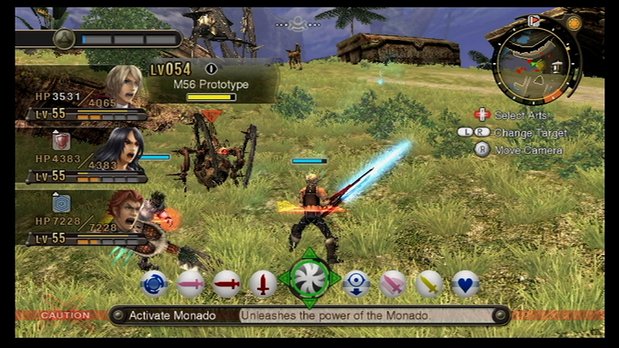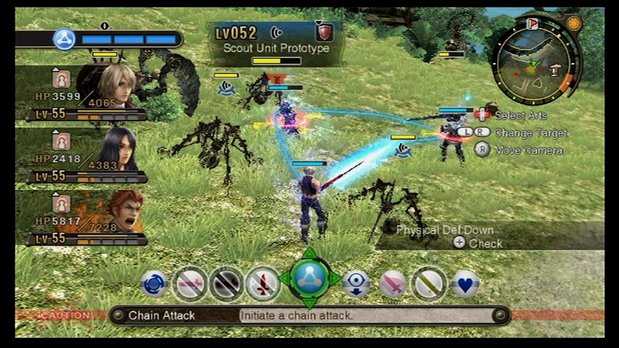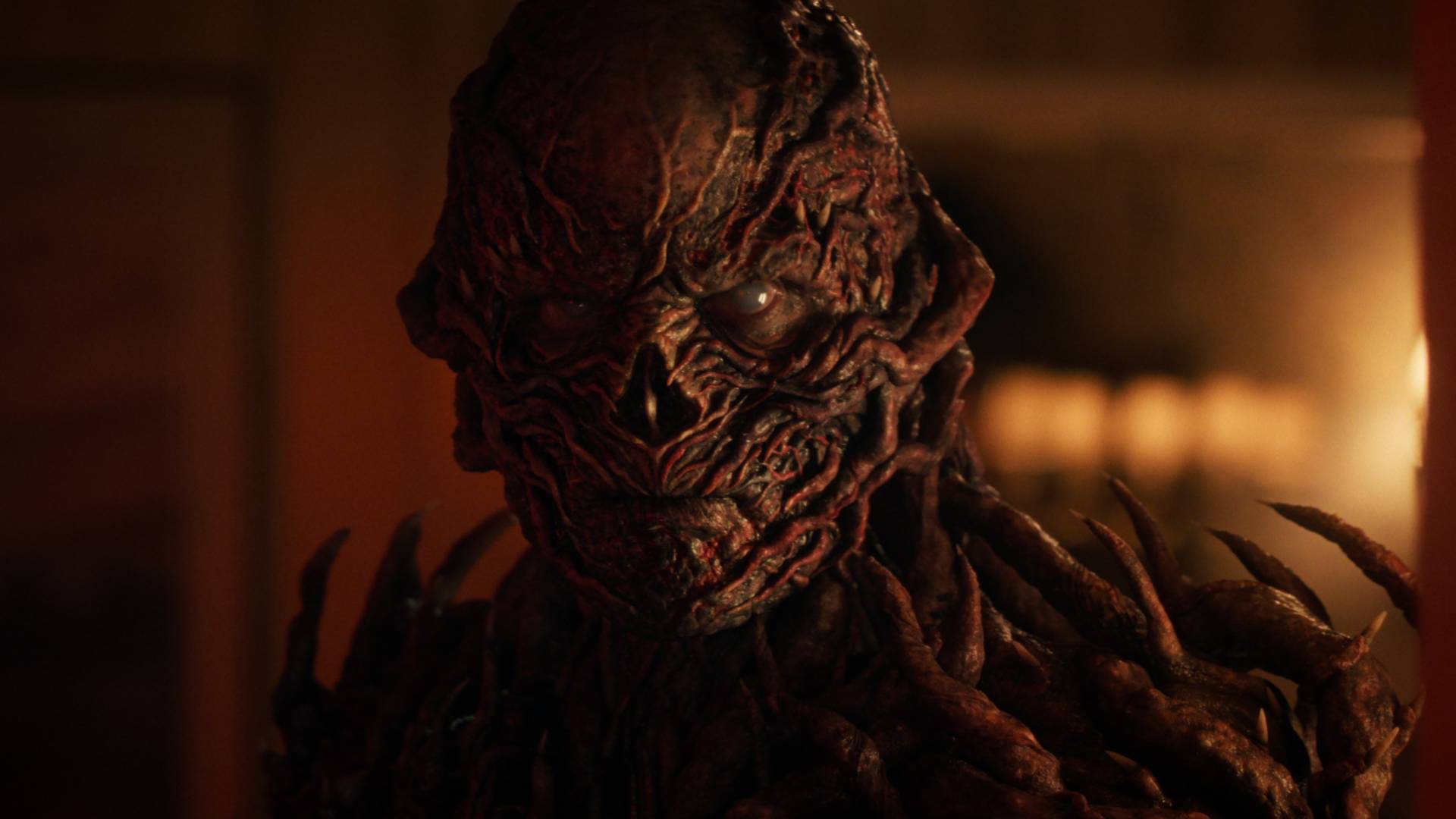Xenoblade Chronicles beginner's guide
Discover the subtleties of gem crafting, affinity, combat, and more with our detailed primer
Combat
Xenoblade Chronicles adopts a style of combat very similar to that of MMORPGs. As such, battle is usually only entered at your discretion, and your orientation in relation to the enemy plays an important role. But there’s more to it than just aggro and backslashing.
Tension

Above: Shouty faces means your characters are more likely to score critical hits. This also works in real life
Tension is directly related to your accuracy and critical hit rate. Tension can be instantly raised at the beginning of battle with a successful Battle Start Affinity move. Tension can be lowered by getting your ass kicked.
Tension becomes more of a factor later in the game. If you see that most of your attacks are whiffing, chances are your tension is in the dumps. Wait for an AI character to come over and encourage you. Alternatively, you can encourage other members experiencing low tension by running over to them and pressing b.
Break, Topple, and Daze
One of the most important aspects to planning your party is to make sure you can consistently put enemies into the daze state: a short period of immobility and vulnerability. But daze cannot be achieved without first a topple, nor a topple without first a break. Break moves always appear pink on the Arts bar, topple green, and daze yellow. It is uncommon for one character to be able to use all three moves on their own, so a team effort is usually required. Enemies in a daze are more susceptible to critical hits, have lower defense, and cannot move, making the combo a crucial part of high-level combat.
Party Gauge
The party gauge is at the top left corner of your screen. It serves only two purposes: to allow reviving of an incapacitated character (costs 1 bar) or to allow a chain attack (costs 3 bars). You fill the chain gauge by landing critical hits or bonus effects (such as the increased damage from a properly executed backslash). This gauge decreases over time, both in and out of battle.
Attack Chains
Pressing up while your central Talent Arts icon is selected will bring up the attack chain option. If the chain gauge is full, you can activate a powerful chain attack at the cost of the entire gauge.
Weekly digests, tales from the communities you love, and more

Above: A blue triangle means an attack chain is available
Initially, you may only get the minimum of three turns in one chain attack. However, as the game progresses and the affinity between your characters improves, the chances of increasing the length of the attack grows. Using similarly colored skills also increases the odds of a continued attack.
Attaining high affinity in order to bolster your chain attacks is absolutely crucial for fighting extremely strong monsters. Damage output greatly increases after each turn of the chain attack, allowing you to achieve values of well over 100,000 later in the game.
Visions
The Monado allows Shulk to see some fatal blows before they happen. Once the vision takes place, you’ll have a set amount of time to try and delay or avoid the attack. If the name of the attack has a number after it, try using the Monado’s shield ability (if it’s leveled up to match the number) to completely neutralize said attack.
Another great strategy is to move over to one of your party members while the timer is counting down. You can press b to “warn” them, which basically allows you to manually use one of their arts. Use this opportunity to force the dull AI to use one of Sharla’s heal rounds or one of Reyn’s aggro-drawing moves.


